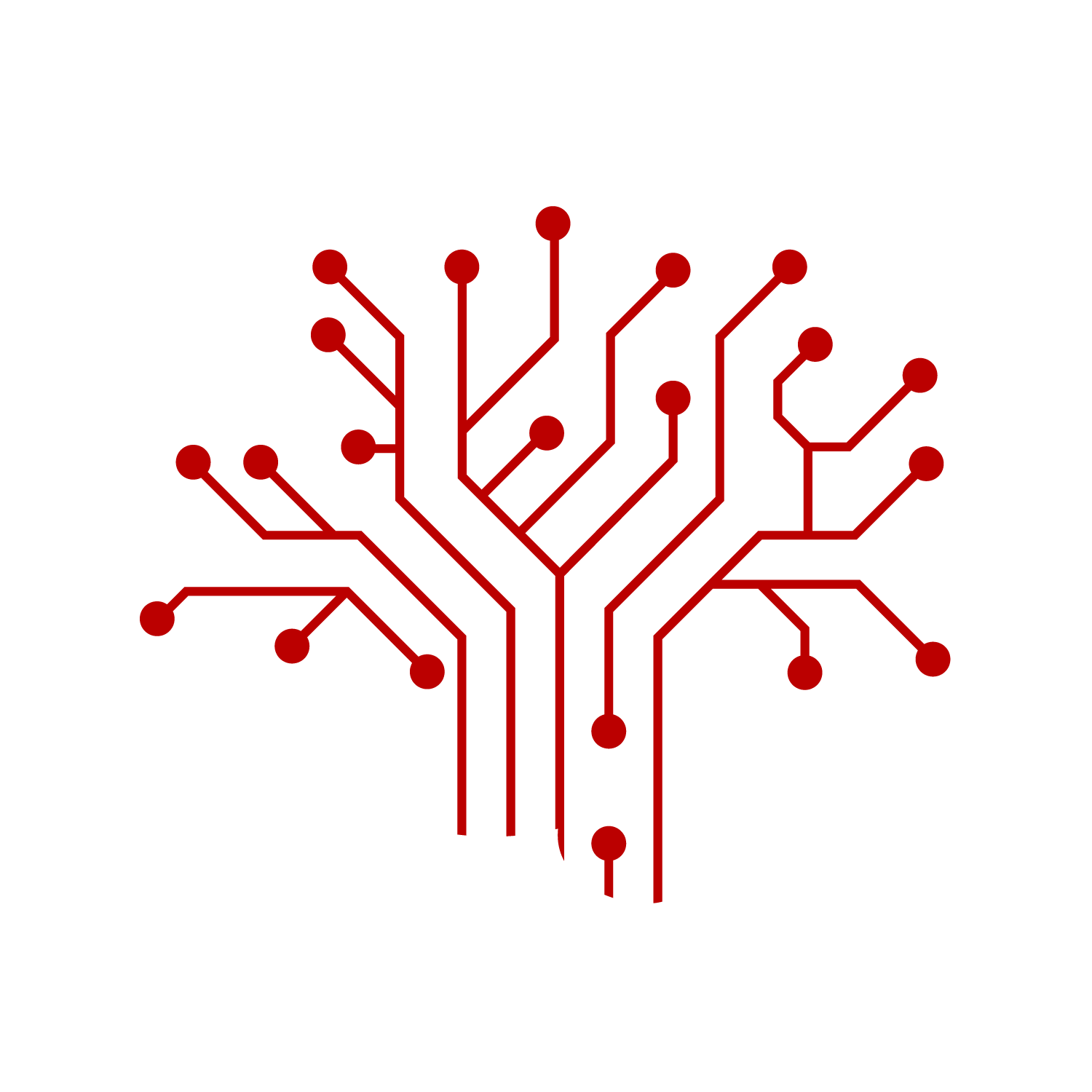Do Children Soak Up Language Like Sponges?
Do Children Soak Up Language Like Sponges?
By Lindsay Patterson, New York Times
From the New York Times Parenting Section
Sandy Kuhlman, CMU Biological Sciences and Neuroscience Institute faculty, is quoted in this New York Times article about language learning in children. She shares insight about "gatekeeper" circuits in the brain, that allow children to learn new information more easily:
When my husband and I decided to pack up our comfortable lives in Austin, Texas, to move to Barcelona, Spain, we had a dream for our then-3-year-old son: He would become trilingual. In Barcelona, most people speak Spanish and Catalan, the regional language. Speaking three languages seemed like a big goal for a small person, but we believed it was possible because of one phrase: Children are like sponges.
Whenever we told people about our plans to put our son in a Catalan school, they told us about sponges. Children learn languages quickly, they said. He’ll be speaking like a native in no time.
But that’s not what happened. In September, our son started school. It wasn’t until March that he uttered his first full sentence in Catalan: “M’he fet mal” (I’ve hurt myself). But that didn’t open the floodgates of language. His teacher assured us that he understood everything — he followed directions well, and he was learning. But he stayed mostly silent. I began to worry that my child was not as sponge-like a learner as I’d been led to believe.
It’s a notion that’s hard to escape. The sponge concept is central to common preconceptions about how children learn language. In a 1997 study, researchers surveyed 80 parents in Spain about why they were sending their children to English language daycares in Barcelona and Madrid. The truism that children soak up language was mentioned frequently.
“The younger they are, the more they’re like sponges,” said one parent in an interview. “The more they absorb, the more they remember.”
The researchers found that most parents believed that while learning language as an adult requires a lot of effort and study, children pick up new languages easily and quickly through play. The reasoning goes that the earlier we start learning another language, the better — before we lose this magical ability.
It turns out that while it’s true that kids’ brains are especially receptive to learning, the science of childhood language acquisition is slightly more complicated. Dr. Carmen Muñoz, Ph.D., a language researcher at the University of Barcelona who was involved with the 1997 study, uses her public talks to deconstruct what she calls the myth of the sponge. “I show a picture with a sponge on a table and some water on the corner,” she said. To put it into words: Children need more than proximity to absorb a new language.
Dr. Sandra Kuhlman, Ph.D., a neurobiologist at Carnegie Mellon University, studies inhibitory neurons, a type of cell in the brain’s cortical network that helps regulate the creation of neural connections. She calls them “gatekeeper circuits.” They decide whether or not to rewire the brain in response to experience — basically, they restrict what we can learn.
“It turns out that these gatekeepers are more likely to allow for rewiring to happen in the young,” said Dr. Kuhlman. “The threshold to let them lower their gates is pretty low.”

